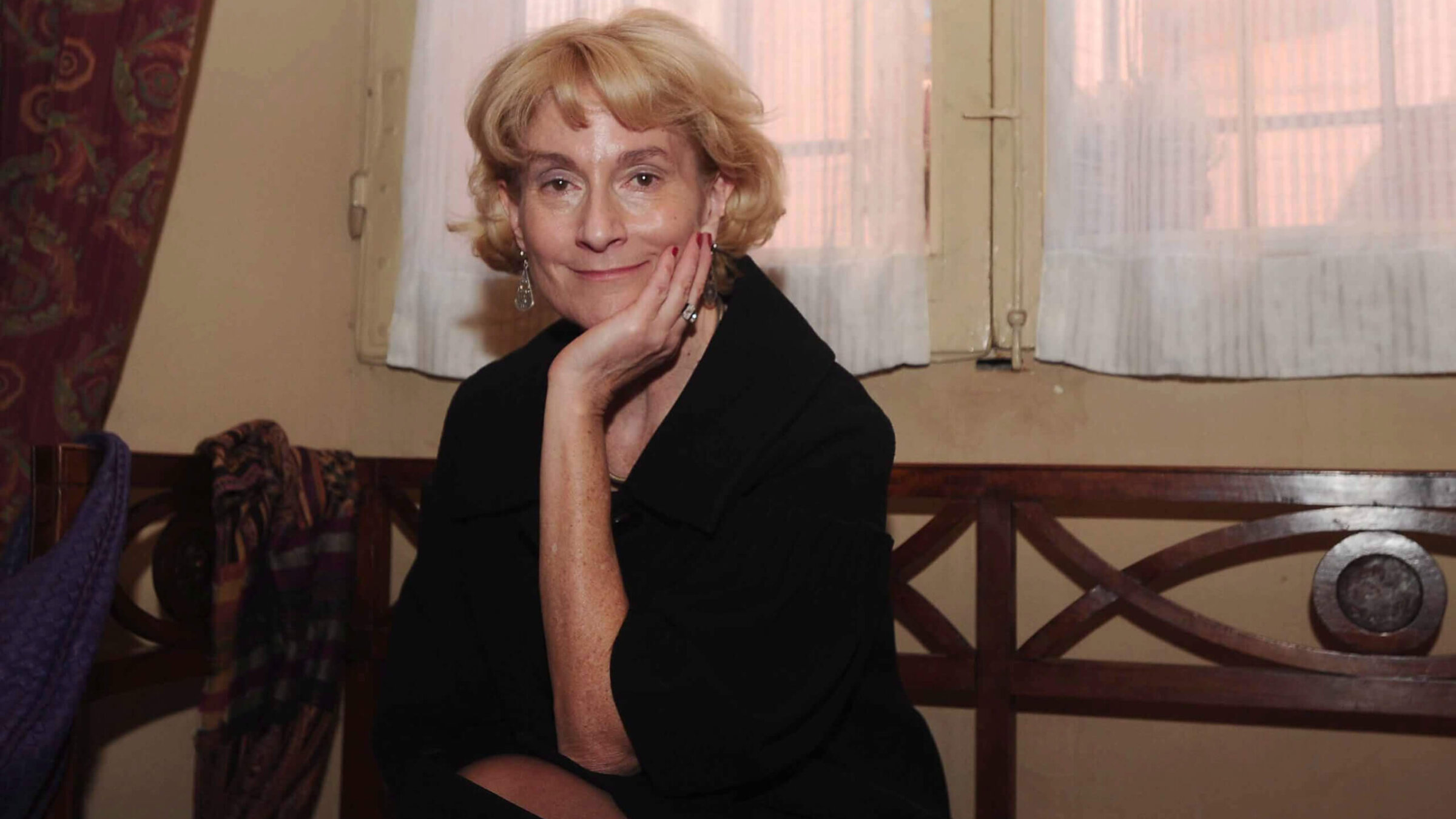This Jewish philosopher should win the Nobel Prize in Literature
Martha Nussbaum’s philosophy has forcefully argued for the importance of the humanities in a world that shrugs at art

Nussbaum in 2013. Courtesy of Roberto Serra/Getty Images
Martha Nussbaum will probably not win the Nobel Prize in Literature this year. There are politics to the prize, and the internet’s consensus is that the winner will not come from a North American or European country. Besides, her work isn’t, strictly speaking, literature, though she has written a play. Instead, Nussbaum is a philosopher. Still, her work deserves the top prize in literature.
The field of philosophy has, in recent history, turned increasingly analytic, leaning on neuroscience and brain scans to back up claims about existence and knowledge. Perhaps it’s an attempt to prove its worth in a world that prizes STEM subjects and monetizable skills above all; universities have already begun to gut their humanities programs. Society is simply moving away from philosophy’s classic questions about what makes for a good life.
This makes Nussbaum’s work all the more groundbreaking. The 76-year-old philosopher’s work has long centered issues like emotion, creative drive and the importance of narrative, bringing the foundational questions of philosophy back into focus.
And her work, with its firm endorsement of literature and the humanities, is a vital bulwark against a world that wants to replace human thought with AI and favors pop philosophies like the brusquely utilitarian school of effective altruism. What could be more essential to a prize for literature than a woman who forcefully — and compellingly — argues for the value of the art?
Her writing — dozens of books and hundreds of published papers and essays — leans heavily on prose as a way to access the philosophical ideas she’s gesturing at. “Martha changed the face of philosophy by using literary skills to describe the very minutiae of a lived experience,” said one of her colleagues, philosopher Nancy Sherman, in a 2016 New Yorker profile of Nussbaum.
Literature, for Nussbaum, serves as an essential form of moral imagination, enabling people to do the narrative work of inhabiting ethical and philosophical quandaries. (In some of her writing about sexuality and justice, she has leaned on midrashic interpretations. Nussbaum converted to Judaism before her first marriage, to fellow philosopher Alan Nussbaum.)
In her 1990 book Love’s Knowledge, Nussbaum takes a stand against the conventions she sees arising in the academic world to cut literature off from real life ethics. “The seductions of literature can frequently return us to a richer and more complex world,” she writes, “and the very enchantments of the novel can lead the reader past her tendencies to deny complexity, to evade the messiness of feeling.” She also writes movingly about the importance of maintaining mystery when discussing hard to grasp topics of emotion and truth, turning to literature’s ability to gesture toward ideas without “violating” them.
Nussbaum’s philosophy encompasses far more than literature, and her wide range of interests is demonstrated by her academic appointments; she holds a jointly-appointed chair in both the law school and philosophy department at the University of Chicago — an institution overflowing with Nobel laureates — and also teaches in the divinity, South Asian studies, classics and political science departments. She’s an avid runner and musician in her private time, and once trained as an actress. She’s also had the kind of string of romances with other philosophers — including Amartya Sen, who won the Nobel Prize in Economics — that feel reminiscent of intellectual and artistic characters of another era: Frida Kahlo and Diego Rivera, or Sartre and Simone De Beauvoir. She’s a good candidate for the intellectual celebrity of the Nobel.
But beyond all of the minutiae that makes her fascinating, Nussbaum’s work on literature is exactly the sort of paradigm-shifting work that merits the prize, and the Nobel is the sort of recognition that could make sure her work gets the kind of widespread attention from the greater public that could aid in arguing for the importance of literature going forward. It’s too bad she’ll never get it.
















